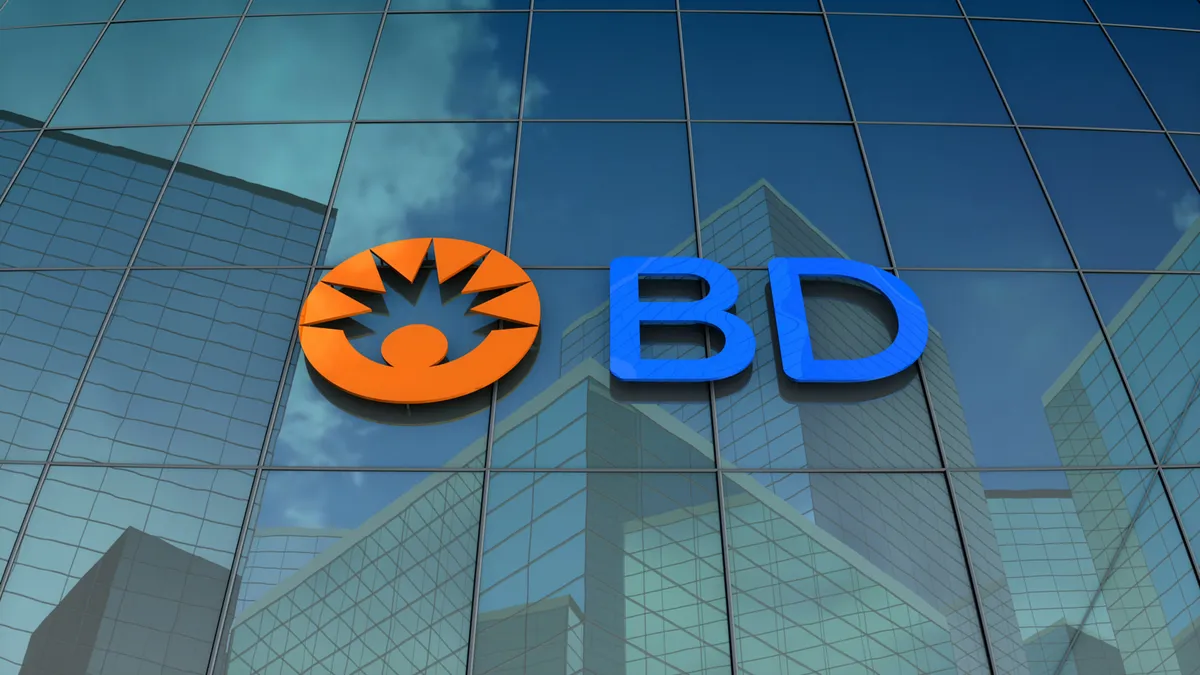Q1 Insights:
Becton Dickinson reported earnings fell in the first fiscal quarter, reflecting a decline in COVID-19 testing from last year, but it raised its full-year revenue and adjusted earnings forecasts due to anticipated strength in its base businesses.
Total revenue in the quarter, while down on a reported basis, rose 1.7% from a year ago excluding the impact of foreign currency translation.
Had COVID-only diagnostic testing been excluded, revenue would have increased 0.4%, or 5.2% on a currency-neutral basis, compared to the same quarter last year, the Franklin Lakes, N.J.-based medtech company said.
"Consistent, durable performance in our base business reflects our team's relentless focus on delivering category-leading products and transformative solutions that are helping our customers deliver quality and more cost-effective care to patients around the world,” BD CEO Tom Polen said in a statement.
Shares of BD, one of the largest medtech companies by revenue, were down by less than 1% at $252.62 in late morning trading on the New York Stock Exchange.
Q2 Developments:
Net income from continuing operations declined 10.4% to $509 million. BD in April 2022 completed the spinoff of its diabetes care business into a separate publicly traded company named Embecta.
BD’s Medical unit, the company’s largest, reported a 1.6% rise in revenue to $2.15 billion, driven by strength in pharmacy automation systems including Parata and BD Rowa, as well as pre-fillable biologic drugs and vaccines.
Revenue in the life sciences business declined 12.2% to $1.3 billion, weighed down by the decline in COVID-19 testing. Interventional unit revenue increased 1.3% to $1.13 billion, supported by double-digit growth in the peripheral vascular disease business.
Outlook:
BD forecasts fiscal 2023 adjusted EPS in a range of $12.07 to $12.32, up from its prior outlook of $11.85 to $12.10.
The company now expects 2023 revenues in the range of $19.1 billion to $19.3 billion, up from its previous forecast of $18.6 billion to $18.8 billion.










